What to Expect When You're Expecting Dinosaurs
Extinction is a fact. Right? It is intuitively obvious, easily verified, and often visible to researchers and casual observers alike. It might surprise you to know that not that long ago, it was a completely foreign concept - unimaginable, even ridiculous. In fact, the modern definition of extinction wasn’t introduced until 1796 by respected geologist Georges Cuvier, and even then wasn’t widely accepted for more than 60 years when Darwin published On the Origin of the Species.
After science and nature, my other great love is history, and in particular, American History and that of the American West. Central to that epic story is Lewis and Clark’s Corps of Discovery. Initiated by Thomas Jefferson (the first and only scientist president!), it was a truly monumental adventure - a great scientific exploration across the continent.
Jefferson was a man of science. Fascinated by all of the subjects we now call ‘natural history’, he insisted that Captain Meriwether Lewis should be trained in as many scientific fields as possible by America’s leading scientists in Philadelphia (including at the Academy of Natural Sciences, where we have collaborated to prepare our finds for the past three years!). From astronomy to zoology, botany to mineralogy, Jefferson ensured that the leader of his tremendous endeavor would be properly trained to report back on the natural riches that surely awaited in the West.
It is well documented that Jefferson had a particular affinity for paleontology. His home at Monticello was adorned with fossil treasures brought to him from throughout the young country. Among these were teeth and bones of mastodons (huge, hairy relatives of modern elephants) and the claws of enormous ground sloths (which he mistakenly declared to have come from enormous lions).
In the early 18th century, the concept of extinction was essentially nonexistent. Very few had ever considered that species on Earth may come and go. Religious doctrine of the day simply didn’t allow it. So where were those giant elephants and lions if they were none to be found in eastern North America? Well, they must be out west! And surely the Corps of Discovery would encounter them. Humorously, Jefferson even advised Lewis and his team to bring with them the biggest (and heaviest) guns they could carry on what turned out to be an 8,000 mile odyssey. Surely, they would need defense against these inevitable and dangerous encounters!
So, how did a blog about dinosaurs turn into an American history lesson? What better story to illustrate how science is a never ending journey? The very adventure of science and exploration is how we break through the barriers of the unknown, the misunderstood, and ignorance. It’s the gift of knowledge, and now, more than ever, it is fundamentally important that we learn and discover more about the world in which we live. Whether it is human-induced climate change or the loss of yet another species, any hope of solutions to the many epic challenges that lay before us depend entirely on people continuing to ask questions and seek answers through the adventure of science.



